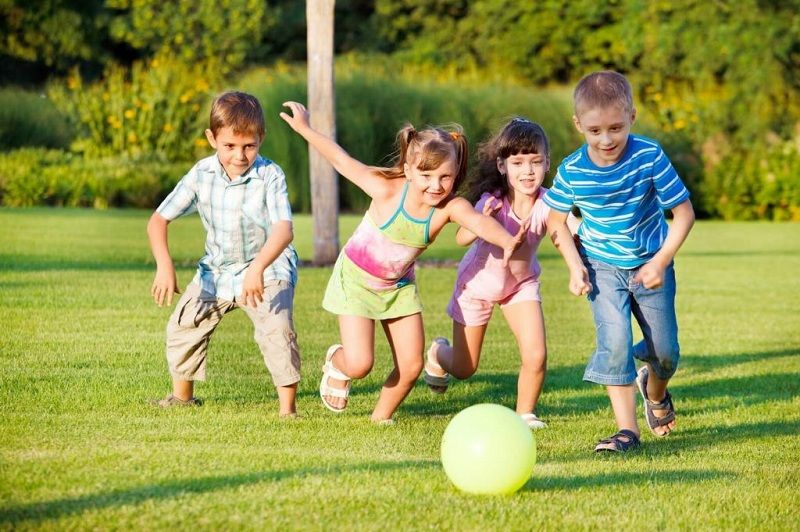
How To Take A Child On Vacation?
Now summer schoolchildren are in full swing. And if the trip to the grandmother has already been successfully planned, and possibly realized, then it’s time to think about how else to take the child on vacation, so that his summer will be fun, fun and useful.
The basic principles of children’s summer holidays are often:
- Recuperation
- A change of scenery
- Social component
- New impressions
- Rest after a tiring academic year

The most common misconceptions of taking a child on vacation
From the outside, it may seem that there is nothing easier than to organize a good summer holiday for your child, which he will spend with maximum benefit. However, in fact, it turns out that often parents are subject to fairly harmful misconceptions about the holidays.
One of the main mistakes, especially for parents of younger schoolchildren, is the confidence that the child is fully capable of independently organizing a good rest for himself and, in general, he just needs to provide freedom of action and choice. However, in this case, do not be surprised if your child spends all summer in front of the TV or computer screen, and by the end of the holiday will not only seriously spoil his health, but will also be absolutely unable to continue his studies at school productively.
It is also important not to move away from the child during the holidays. Of course, for some, it may be tempting to send your child for the whole summer to the grandmother or to the summer camp. But no matter how rich your travel program is, make sure you spend at least a few weeks together. Great idea – joint rest, it will help you to get to know your child better and will give everyone a lot of pleasant impressions.
Some parents, on the contrary, believe that summer is not the time to relax and one cannot lose a minute in pursuit of knowledge. However, do not rush to look for tutors or by math problem books. Believe me, summer is still a time of rest and sometimes pleasant idleness. For three months, your child will not be able to completely forget all the valuable knowledge gained during the past academic year, but the constant cramming and repetition of the material covered will most likely lead him to depression. But do not forget that summer is a time of recovery. Both physical and moral.

How to make the holidays unforgettable?
Now that we have figured out what to do is definitely not worth it, it’s time to find out how you can still take your child on vacation.
Of course, a children’s camp will be a win-win option. In this case, there are many options – it can be a health resort, a camp with a creative or sports orientation, and even a school or “courtyard” camp, which is often organized in many educational institutions.
Children’s camps are not only healthier and enjoyable holidays, but they are also an opportunity to make new friends, reveal your creative and artistic abilities, and gain memories that will keep your soul warm for a long time. Of course, it is important to take into account the temperament and personal mood of the child. Send to the squad to thirty unfamiliar children of an introverted child – this is a sure way to earn stress for you and, of course, for him. Do not be afraid to talk with your child about his fears and desires. Only in this way you can choose the best option for rest.
The traditional option is a few weeks or even months spent with grandparents in the country, in the village or just in another area of the city. The change of atmosphere and the amount of love and care that the family will give the child will undoubtedly provide him with a good rest. And you, in turn, will not worry about its safety or quality of food.
If you can not often leave the city, it is worthwhile to find interesting activities on the spot. Walking in parks, visiting museums, cinemas and circuses, various hobby groups, and just an evening of board games with your family – all this will make a pleasant variety in your child’s summer vacation.
A well-spent summer is a key to a painless return to school, or, in the case of first-graders, an easy adaptation of a child to school.





